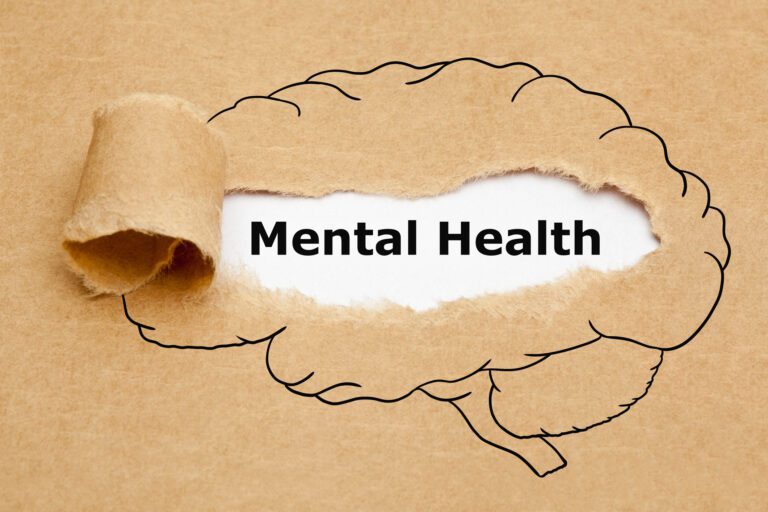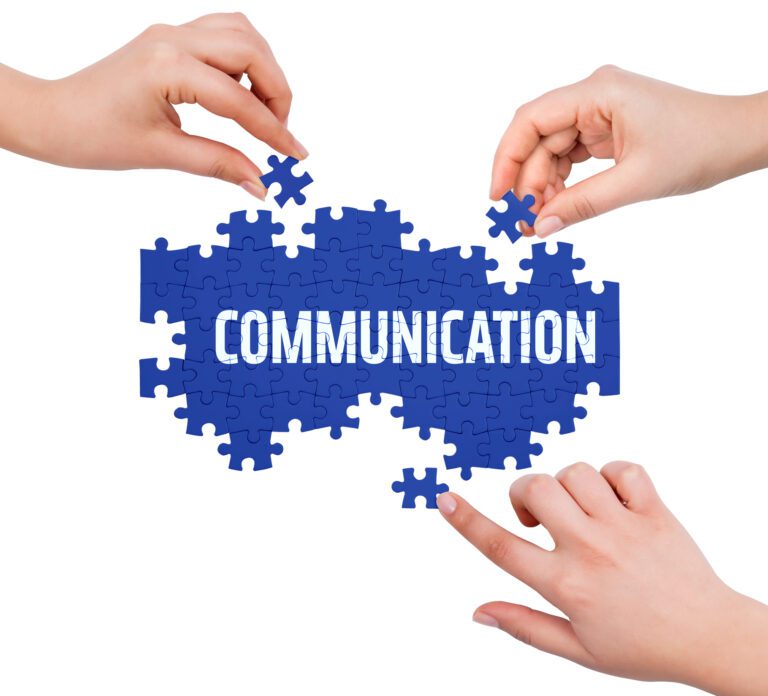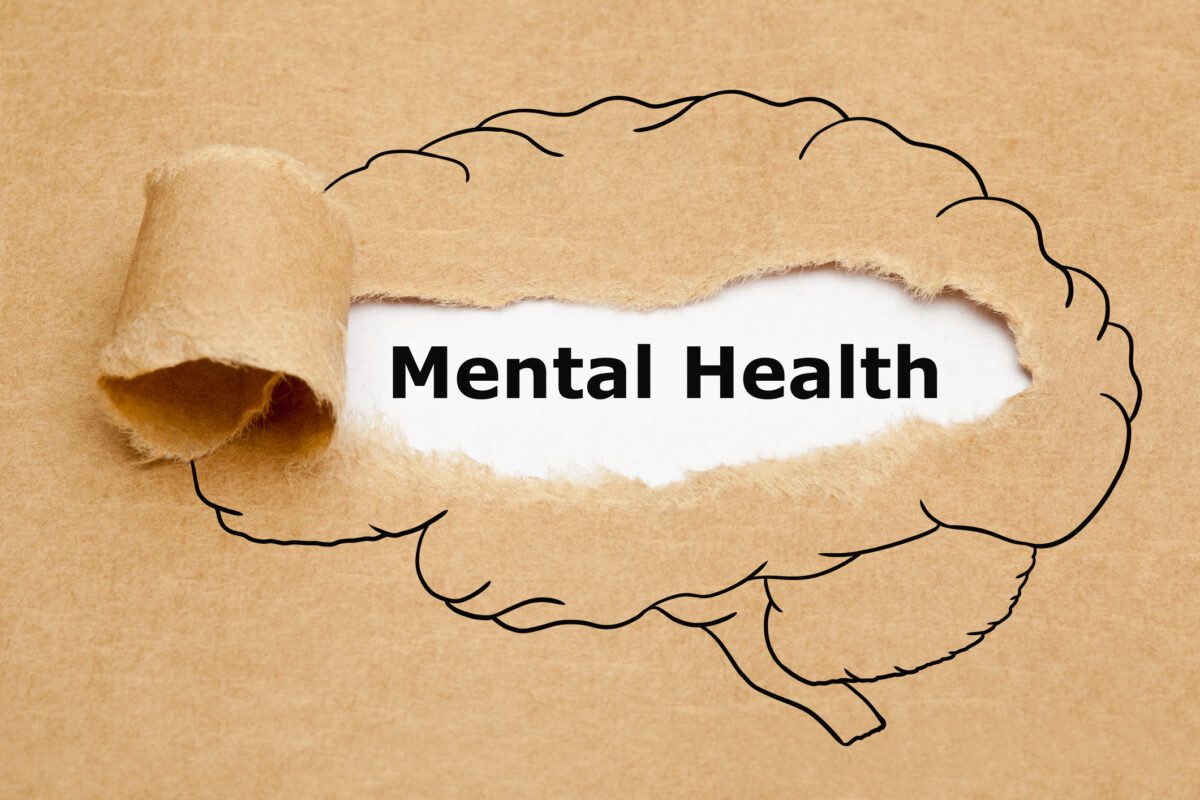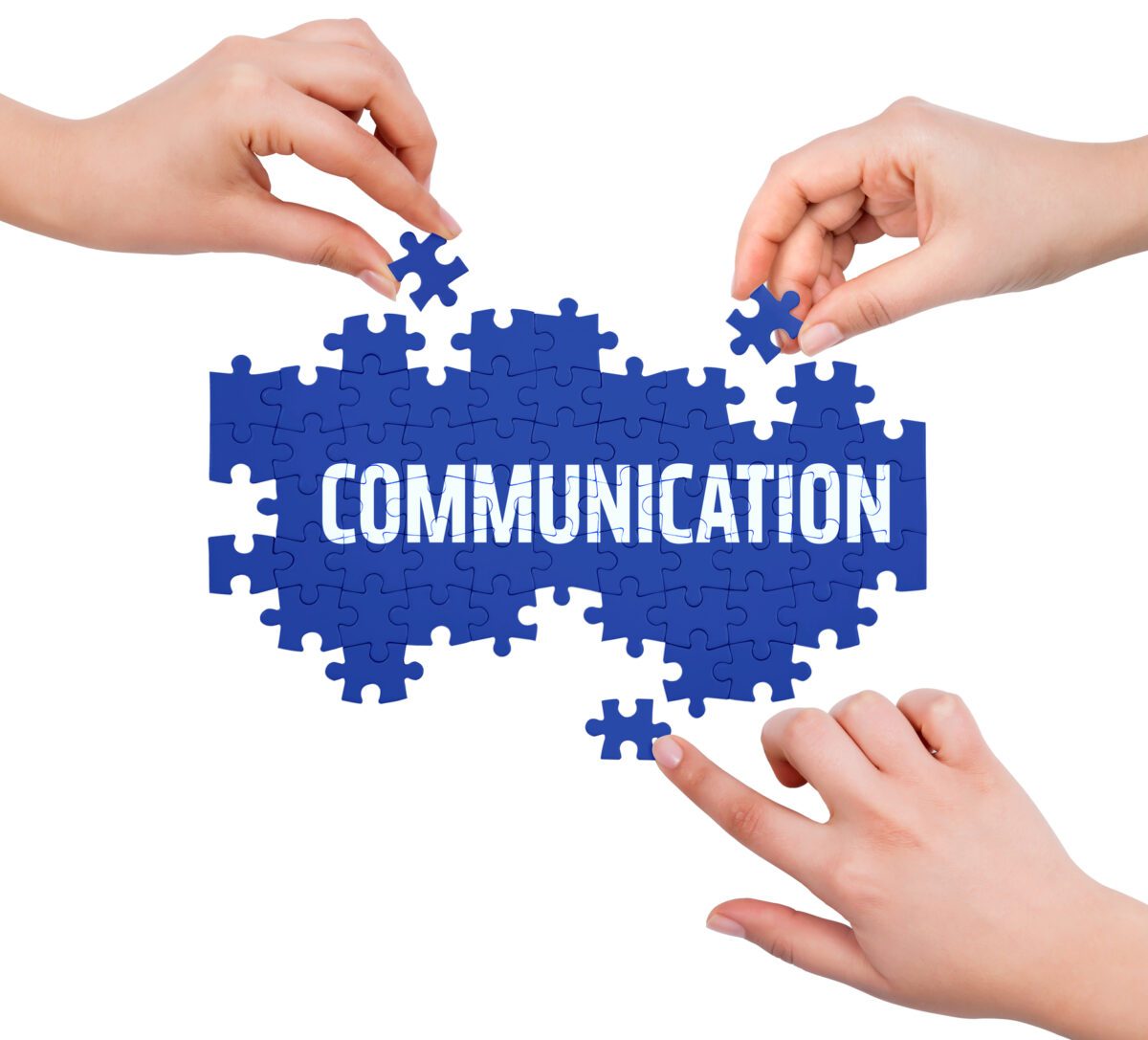Knowing what not to do is just as important as what to do when your child has an eating disorder. Taking the wrong approach can delay your child’s progress and recovery.
Here are the top five things that you should avoid doing if your child has an eating disorder.
1. Do not assume that you know what is best for your child
As a parent, you are used to providing guidance and advice to your child on everything. But eating disorders are complex and are best treated by a highly trained specialist who works with children/adolescents with eating disorders. It is best to let an eating disorder specialist provide treatment recommendations and guide the treatment.
2. Do not center your conversations around food or physical appearances
One of the many reasons an eating disorders may develop in children and teens is as a result of an obsession with their physical appearance. Food becomes a focal point when life may be out of control, or the thin obsessed society and social media has them feeling bad about themselves. As a parent, try to center your conversations around a person’s internal attributes, personality, goals etc., as opposed to their weight or appearance.
3. Refrain from developing timetables for your child’s recovery
Your child is unique. It is important to remember that every child with an eating disorder is going to respond differently to the treatment process. While it important to support your child to remain focused on treatment goals, refrain from pressuring them with a recovery deadline that could set your child up for failure. Avoid comparing their recovery journey with other people in your life. There is no sense in comparing, as every single person is uniquely different and the disease presents differently.
4. Avoid making accusations or blaming others
Making accusations or blaming others during the treatment process serves no one, including your child. If you find yourself wondering who is to blame for your child’s eating disorder, take a step back and remind yourself that eating disorders are diseases that may be caused by many different things, not just one person is ever to blame.
Eating disorders are not anyone’s fault and the best thing you can do to help your child is to focus on supporting the recovery process and changing what we can in the present.
5. Do not take your child’s actions personally
Overcoming an eating disorder requires focus and hard work. Children and teens going through this process may experience frustration, anger, and anxiety. And sometimes they take their frustrations out on their parents and other people they love the most. Knowing how to talk to a teenager about an eating disorder is not easy. But if your child becomes angry or defiant with you, just remember that they are going through an incredibly difficult time in their lives. It is very important that everyone involved have their own therapist in order to support process the difficult journey of eating disorder recovery and how to support your loved one.














